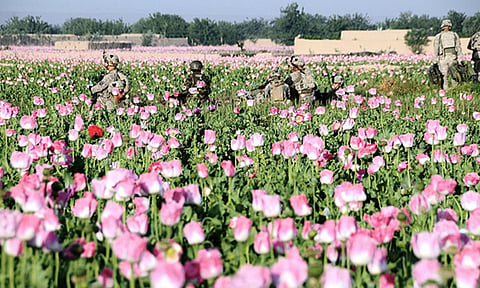My return journey to Afghanistan in 1999 – after a decade – marked the third year of the Taliban regime. The international media was full of reports about their edicts: Women were not allowed to work in most places. Girls were not allowed to attend school. Flying kites, playing football, listening to music and watching TV were banned. Tapes torn out of cassettes festooned the Taliban check posts on the roads. Public executions were staged in stadiums or public squares like circus shows in Ancient Rome. The call to prayer had become a cue to close down your shop and rush to the nearest mosque.
Indeed the silence in the streets and the bazaars was striking. Shops adorned with loudspeakers – constantly blaring out music from winching tapes – were now a distant memory. But Kabul's autumn sky was still full of kites. Football matches took place in stadiums and in parks. People constructed TV aerials from tin cans and hid music cassettes in their cars. The Taliban had given up on implementing many of the edicts they had sought to impose. As Leonard Cohen sings, "There is a crack in everything. That's how the light gets in."

